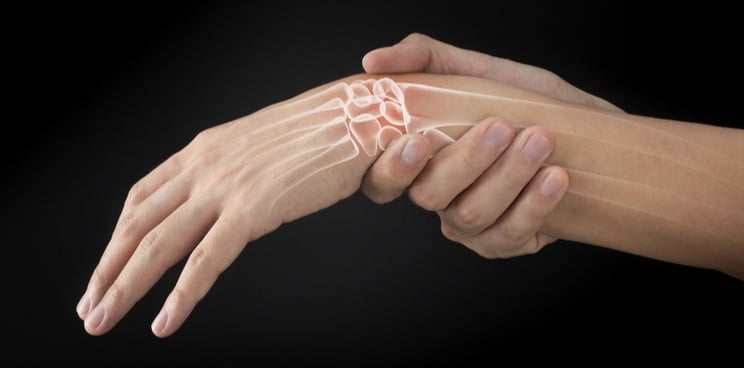The lead drug of the UK company Mereo BioPharma has achieved mixed results in a phase IIb trial in adults with the genetic condition osteogenesis imperfecta, also known as brittle bone disease.
Mereo tested different doses of its antibody drug in 112 adults with osteogenesis imperfecta in a 12-month phase IIb trial. The drug failed to meet the main endpoint of the trial, which was improving the density of porous bone in the wrist. According to Mereo, patients had an unexpectedly wide range of densities in this region of the bone when they started the trial, so it was difficult to detect an effect of the drug.
Osteogenesis imperfecta is caused by a mutation in a gene encoding a form of collagen that is involved in maintaining bone density, causing the bones to be fragile and get fractured easily. There is currently no approved treatment for the condition. Mereo BioPharma’s antibody drug is designed to improve bone density by blocking a protein called sclerostin, which stops bone-forming cells from doing their job.
Despite the trial’s failure, Mereo found glimmers of hope. Although the drug showed no effect on the inner porous bone tissue at the wrist, it did improve the density of the hard outer layer of the bone of the wrist, as well as that of bone in the spine. In addition, patients given the highest dose had fewer fractures than the other groups, though this result was not statistically significant. These positive findings have encouraged the company to go ahead with a phase III trial of the same drug in around 165 children with brittle bone disease.
Developing treatments for rare bone diseases is a major challenge for biotech companies for a variety of reasons, such as the fact that many rare diseases are not well understood. Another example of a company hitting a bump in this field is the Belgian biotech Bone Therapeutics. In November 2018, the firm discontinued a phase III trial of its cell therapy for the treatment of the bone disease osteonecrosis because an interim analysis concluded that the therapy wasn’t going to work.
Image from Shutterstock





